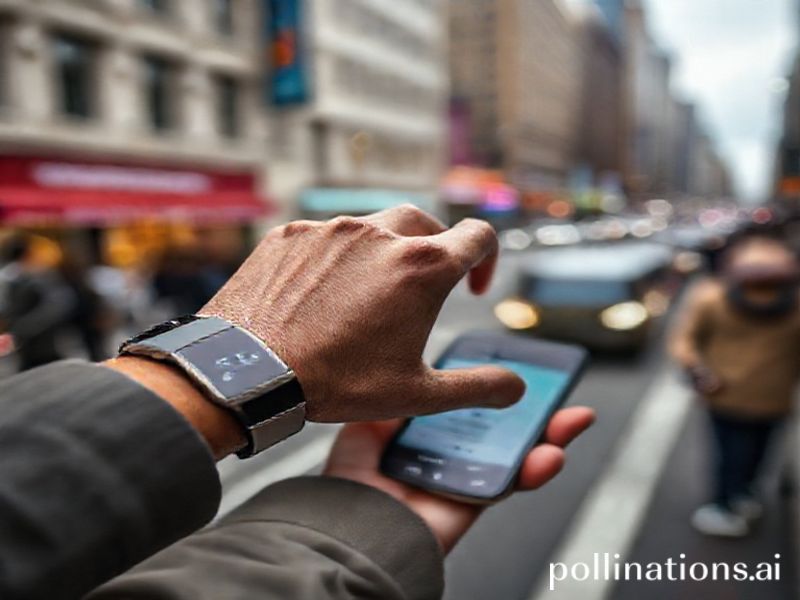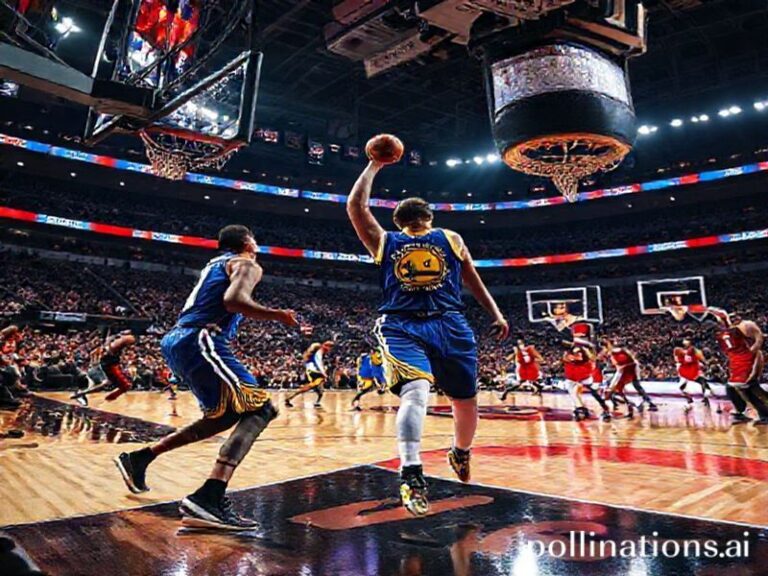From Venmo to M-Pesa: Why the World’s Got Its Eyes on Money Transfers
**Title: “From Venmo to M-Pesa: Why the World’s Got Its Eyes on Money Transfers”**
Alright, folks, gather ’round. We’re diving into a topic that’s got the world buzzing like a hive of bees who just discovered Bitcoin. Money transfers, or as we like to call it, “digital dosh dash,” is the trend that’s got everyone from your Aunt Mildred to a Nairobi street vendor talking. So, why’s this topic hotter than a jalapeño in a microwave? Let’s break it down.
**The Global Cash Flow Party**
First off, let’s talk numbers. The global remittance market is a beast, projected to hit a whopping $717 billion by 2023. That’s a lot of zeroes, folks. And it’s not just about Uncle Joe sending cash back home; it’s about entire economies being propped up by these digital dosh dashes.
Take Kenya, for instance. Over 75% of adults use M-Pesa, a mobile money transfer service, to send and receive cash. It’s so integral to their culture that it’s practically a verb. “I’ll M-Pesa you later” is as common as “I’ll Venmo you” in the U.S.
**The Social Impact: More Than Just Money**
Money transfers aren’t just about moving cash from point A to point B. They’re about connecting people, cultures, and economies. They’re about a Filipino nurse in London sending money back to her family, or a Mexican worker in the U.S. supporting their loved ones back home.
These transfers are lifelines. They pay for education, healthcare, and daily necessities. They’re the reason why, in some countries, remittances outweigh foreign direct investment. That’s right, folks, your grandma’s money transfer might just be more powerful than a multinational corporation.
**The Tech Revolution: Making Money Transfer Cool(er)**
Gone are the days of waiting in line at Western Union, filling out forms, and praying your money reaches its destination. Today, it’s all about apps, instant transfers, and even cryptocurrency. Companies like TransferWise, Revolut, and Remitly are making money transfers as easy as ordering a pizza.
And let’s not forget the rise of mobile money in developing countries. Services like M-Pesa, MTN Mobile Money, and Orange Money have revolutionized the way people send and receive cash. They’ve turned the average smartphone into a digital wallet, making money transfers accessible to millions.
**Why Should You Care?**
You might be thinking, “That’s all well and good, but why should I care?” Well, buckle up, because this trend is shaping our world in ways you might not expect.
For starters, it’s changing the way we think about banking. Traditional banks are scrambling to keep up with the agility and convenience of these new services. It’s also fostering a culture of financial inclusion, giving people who were once locked out of the banking system a chance to participate.
Moreover, it’s bridging cultural divides. Money transfers are a testament to the power of human connection. They’re about love, responsibility, and community. And in a world that often feels divided, that’s something worth celebrating.
**The Future of Money Transfers**
So, what’s next for the world of money transfers? Well, if we’re to believe the hype, it’s all about speed, security, and innovation. We’re talking blockchain technology, AI-driven fraud detection, and even more seamless user experiences.
But one thing’s for sure: the world of money transfers is evolving, and it’s evolving fast. And as long as there are people who need to send and receive money, this trend isn’t going anywhere.
**Conclusion**
From the streets of Nairobi to the suburbs of New York, money transfers are a global phenomenon that’s reshaping our world. It’s a trend that’s as much about technology as it is about human connection. And as we continue to innovate and evolve, one thing’s for sure: the future of money transfers is looking bright, fast, and incredibly convenient.
So, the next time you Venmo your friend for lunch, or your grandma sends you a digital dosh dash, remember: you’re not just transferring money. You’re part of a global trend that’s changing lives, bridging cultures, and making the world a little bit smaller.







